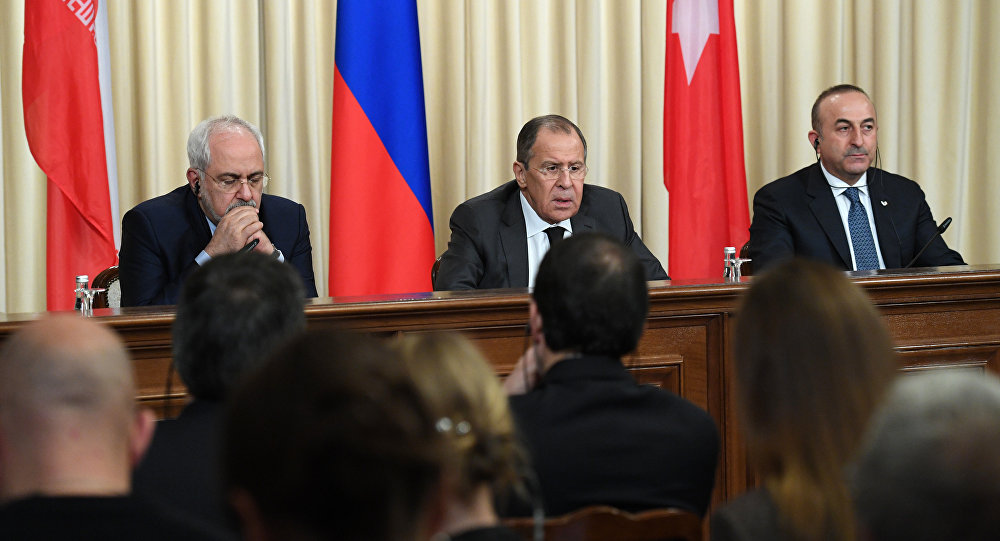Download PDF :


Deutsche Welle (20 November 2017)
With the collapse of coalition talks, new elections are now considered the most likely way forward. But are there any other alternatives?
Could Merkel still convince the Social Democrats to join government?
The coalition of Chancellor Angela Merkel's Christian Democrats (CDU) and junior partner Social Democrats (SPD) governed Germany from 2013 to 2017. Made up of the country's largest parties, the "grand coalition" had 504 of 631 seats in the previous legislature.
On the evening of the federal elections eight weeks ago, the SPD committed to an opposition role and have not changed their position.
SPD vice-president Ralf Stegner made it clear on Sunday night: "The situation for the SPD will not change as a result of the collapse of the coalition talks."
Would a minority government be an option?
No, it is not really an option. In politically troubled times, it would be difficult for Chancellor Angela Merkel, leader of the Christian Democrats (CDU), to have to get support from the opposition in order to pass every piece of legislation.
A possible coalition between the CDU, with Bavarian sister party Christian Social Union (CSU), and the Free Democrats (FDP) would lack 29 seats for a majority in parliament, and a coalition between the CDU/CSU and the Greens would lack 42 seats.
In any case, this model, which is quite common in other countries, has not yet been tested at a federal level in Germany. Immediately after the federal elections, the chancellor announced: "I intend to bring about a stable government in Germany." The SPD, for its part, ruled out supporting Merkel's minority government.
Could there be new elections?
Article 63 of Germany's constitution, or Basic Law, provides for the following scenario: The German president must first propose someone for the office of Chancellor. This person becomes chancellor if more than half of the members of the Bundestag vote for him or her ("chancellor's majority").
If the president's proposal does not receive a majority, a second voting phase will begin. Germany's parliament will then have two weeks to reach agreement, by an absolute majority, on a chancellor.
The number of ballots is not limited, nor is the number of candidates. If no chancellor's majority is obtained in these two weeks, a third voting phase begins. In this last round, achieving a relative majority is sufficient. The candidate who wins the most votes becomes the chancellor.
At this stage, the president must act again. If someone is elected only by relative majority, the president can appoint her or him as chancellor of a minority government — but he or she can also dissolve parliament. In this case new elections must be held within 60 days.

 TURKEY, RUSSIA AND IRAN MEET TO DISCUSS SYRIA
Asia - Pacific
20.11.2017
TURKEY, RUSSIA AND IRAN MEET TO DISCUSS SYRIA
Asia - Pacific
20.11.2017




























